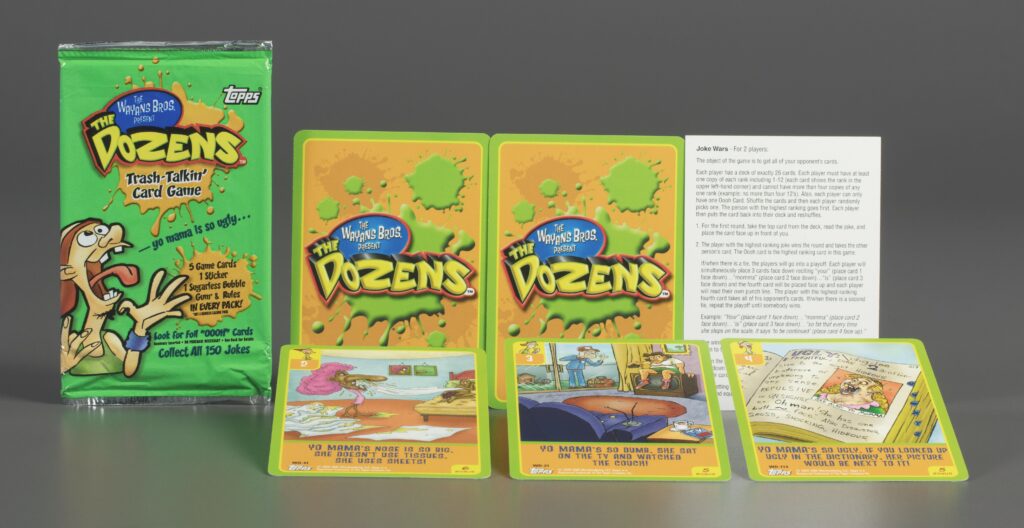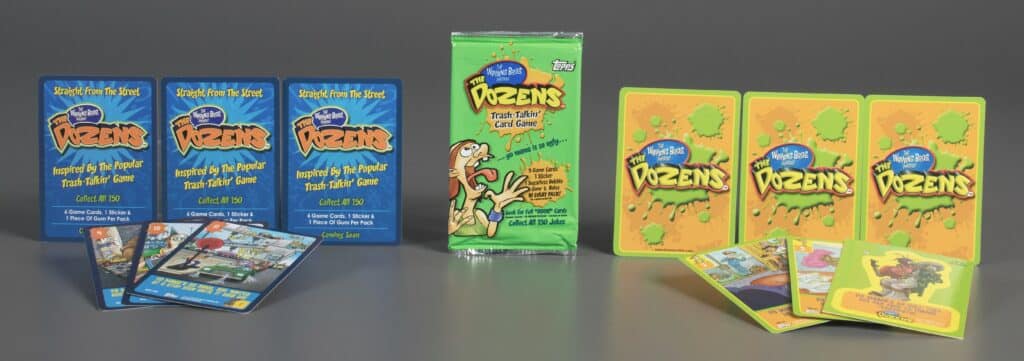“Your breath smells like camel spit and urine samples,” exclaimed one of my dearest friends at the top of his lungs, as a group of our friends walked to the local pool, in the summer of 2002. While the rest of our crew was caught up in the rapture of laughter at what might be the best roast I have received to this day, the challenge of a response weighed upon me. Timing was everything in these engagements. The right words could shift the power dynamic of the group for the day. While I do not recall my retort—something about his head shape resembling a fast-food item—I remember the reaction did not come close to matching the original uproar from our friends. Mike remained our top roaster and unofficial leader that day. Though we had witnessed our elder siblings and cousins engaged in this behavior, unbeknownst to our cadre of “cappers” we were practicing a tradition that linked us to the continent of our origin. The name of the game varies by region, but roastin’, flamin’, choppin’, cappin,’ rankin’ etc., stem from the play exercise by the name of “the dozens.”
There are as many theories about the origins of the term “the dozens” as there are theories about the origins of the game. One prevailing theory states that the basic structure of the dozens originated in West Africa and made its way to the Americas via the Atlantic slave trade. It further suggests the game was intended to prepare youth for societal stress by offering tools to respond to insult without anger. “The dozens” is most historically accessible by way of “Yo’ Mama.” Allow me to assure the readers who are conversant in this art that I did not intend this as a slight to their respective mothers. Rather, I speak of “Yo’ Mama” as a scaffolding for jokes that range from claims of excessive frugality to the more vulgar assertions about virtue.

Regardless of subject matter the framing of the joke enables a rapid-fire exchange and requires less creativity. Instead, opponents spar more like a fencing match. Each player recites jokes that have a history of success. Each blow is either successfully deflected by producing laughter that matches or surpasses the preceding joke, or the match concludes. In 2005, the Wayans Brothers converted these verbal volleys into a trading card game. Famous for the Scary Movie series and White Chicks films, the Wayans Brothers “wanted to bridge [their] favorite childhood activity with modern technology.” In association with trading card industry leader Topps, they released the strategy

game by the name of The Dozens. Gameplay, or Joke Wars, consisted of rules like the card game War. Instead of suits, cards consisted of rankings of 1-12. For a player to win a round, their card had to surpass their opponent’s ranking. Again, like War, if the rankings were the same, players would put down four cards with the end card’s rank determining victory. “Ooh” cards were the top-ranking card, standing in for the requisite audience approval of an actual round of The Dozens.
A couple of decades removed from the huddle of pained sides, and tears of laughter wiped away, I hope Mike can hear the echo of the joy he offered us that day. Adding this game to The Strong’s collection feels like an invitation to all the roasters, cappers, and flamers of my youth, as well as the generations of dozens player before us.


